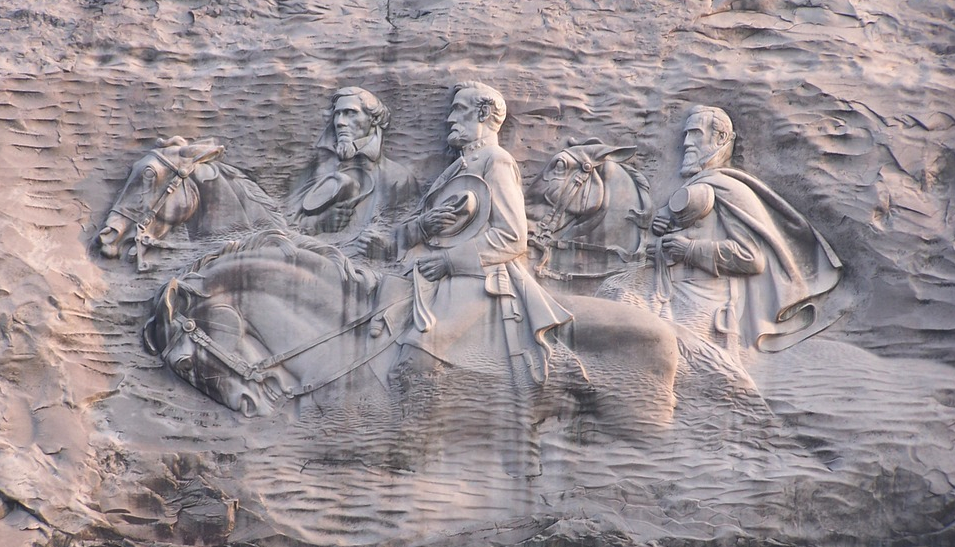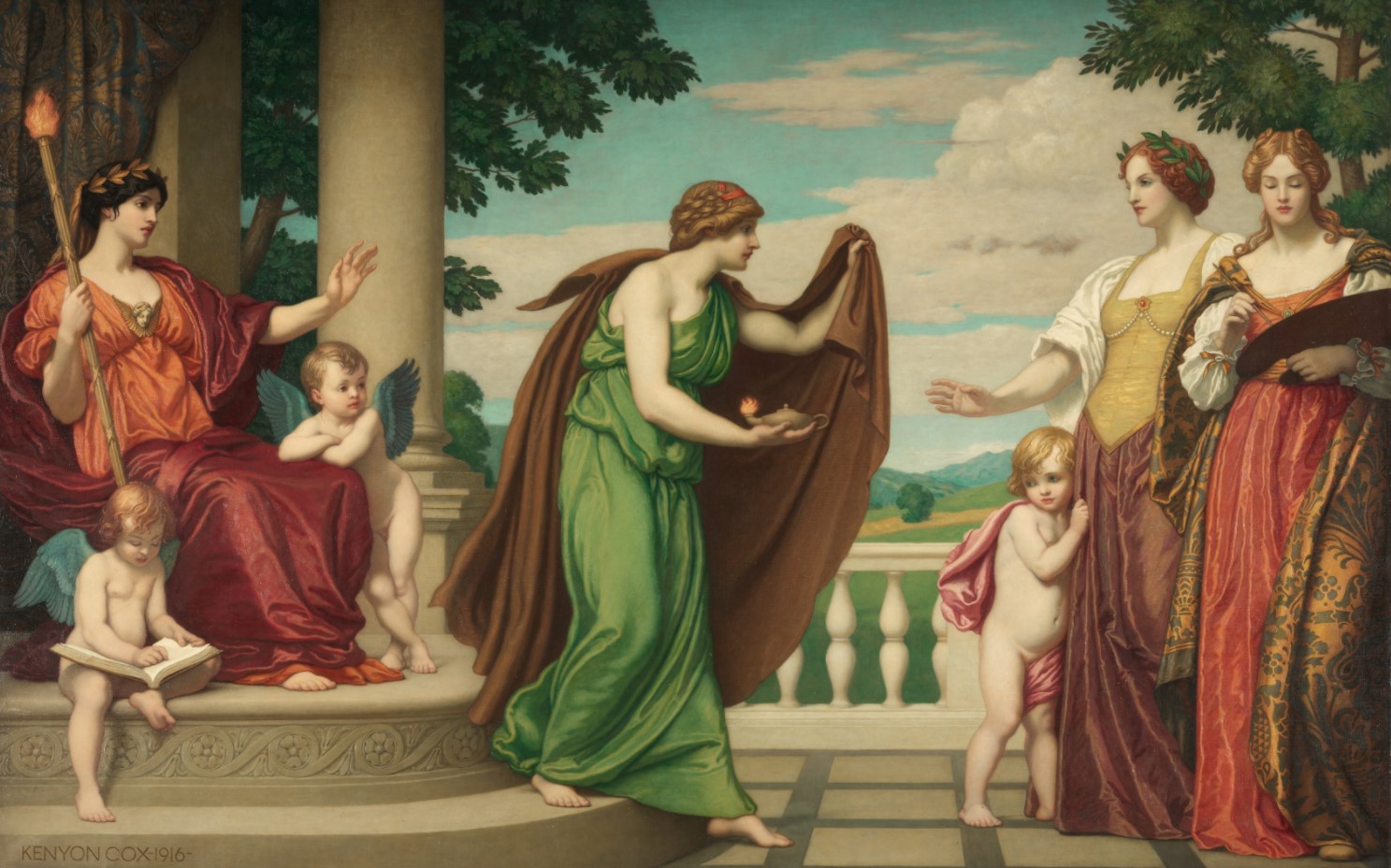The Attack on Memory
History is the “remembered past,” remembered according to values and virtues that are the inheritance of a particular people. The story as told gives meaning to the “facts,” and the story must be told to be remembered. “Remember therefore from whence thou art fallen, and repent, and do the first works; or else I will [...]





